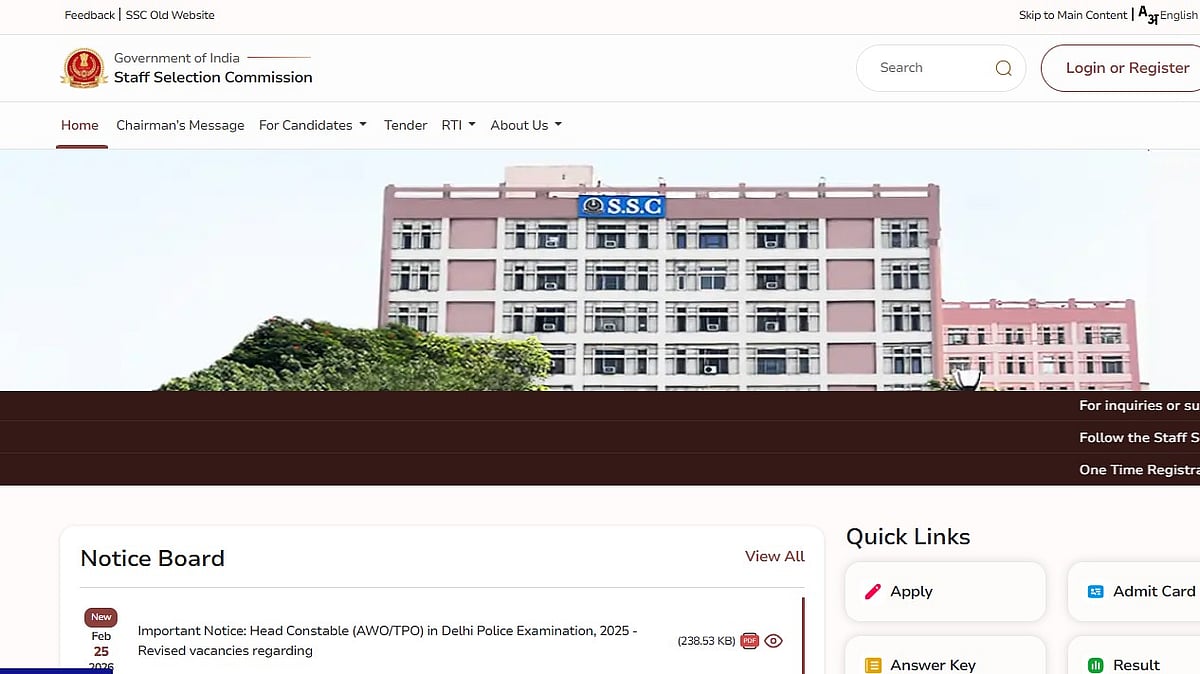Be prepared Increasingly find yourself with more work and less time? Your work calendar needs to be revisited. Knowledge points out ways to multitask at the workplace All at
With the kinds of salaries professionally educated candi
dates command these days, it is no wonder that workloads get bigger and deadlines tighter. Of course, there is the temptation to pack as much as one can in a day. Time management through multitasking then becomes inevitable. Multitasking is one of those skills no one teaches you in school but you have to learn. Multitasking is a delicate blend of organisation, prioritising and balance, not just trying to do everything at once. It doesnalt39t matter how smart you are if you canalt39t organise information well enough.
And it doesnalt39t matter how skilled you are if procrastination keeps you from getting your work done.
In todays workplace, you can differentiate yourself by your ability to handle information and manage your time. ‘Careers are made or broken by the soft skills that make you able to hand a very large workload,’says human resources trainer Sujitha Menon.
The key lies in juggling, but juggling effectively, so that your productivity does not suffer. You ask how? Well, here goes: Organisation matters ‘Make a list of the things that you need to accomplish,’says Menon.
She adds that this has become much easier with technology, and even if you cannot do it with technology, do it manually. Whatever method you choose, tasks should be assigned in a day, preferably within the first or second half. ‘Go through your checklist in the afternoon and then at the end of the day, and check the tasks done.
Sounds childish, but it is a great motivating factor,’adds Menon.
Whats more important? The key to effective multitasking is working on only one task requiring complicated thought processes and decision making, and keeping the others basic or mundane. Say, switching between writing a report and buying stationery online.
Pair up tasks which cover each end of the spectrum. Switching between two complicated tasks can leave you with a confused and unfinished mess. Having one complex task interspersed with a simple one can give your brain the rest it needs, while still utilising that time effectively.
Do it now! As your responsibilities increase, you need to resist procrastination.
‘Thats why a list helps you keep focus,’says Menon. You need to know that all the tasks cannot be done on D- Day. You have to slowly and gradually get things done, so that you are ready when the deadline approaches. Make a guesstimate of how long your daily tasks will take you. Do any short tasks on their own, as this will be best use of your time.
Keep distractions at bay Even when conversing with someone with a smartphone, you can realise that the person is listening to you only half- heartedly. If this happens at a social meeting the person wants, you can imagine what would happen at a boring work activity. There is always an urge to look at the phone, or email during work to provide what one feels is a breather. But it is not a breather, it is just a plain simple distraction. Try working and hour straight without using the phone, and see how much you get done effectively. Notice the difference? Be reaslitic ‘Many professionals, even after putting in years at the workplace, have the problem of underestimating the time required for particular tasks,’says Menon. She advises to be realistic about time estimates, and suggests that you allocate a few minutes extra for each task in your head, rather than underestimate and overcommit.
Be careful! Emailing and text messaging during meetings and phone calls is not multitasking. Its called being distracted and disrespectful.
Replying to emails and answering calls can take you away from critical work. Try allocating an hour every day to putting your head down and focusing on important tasks.




